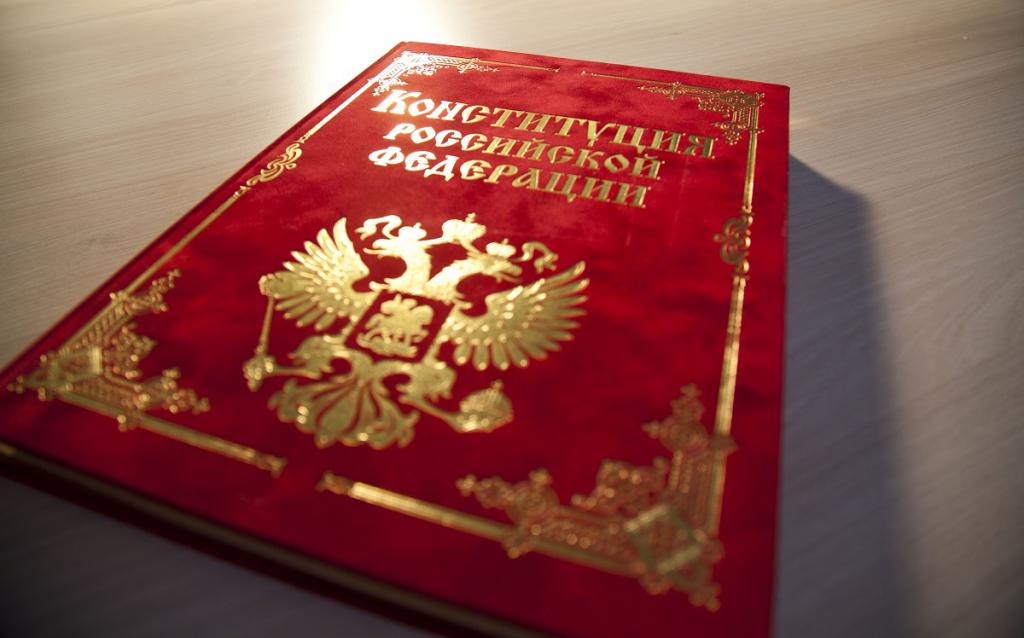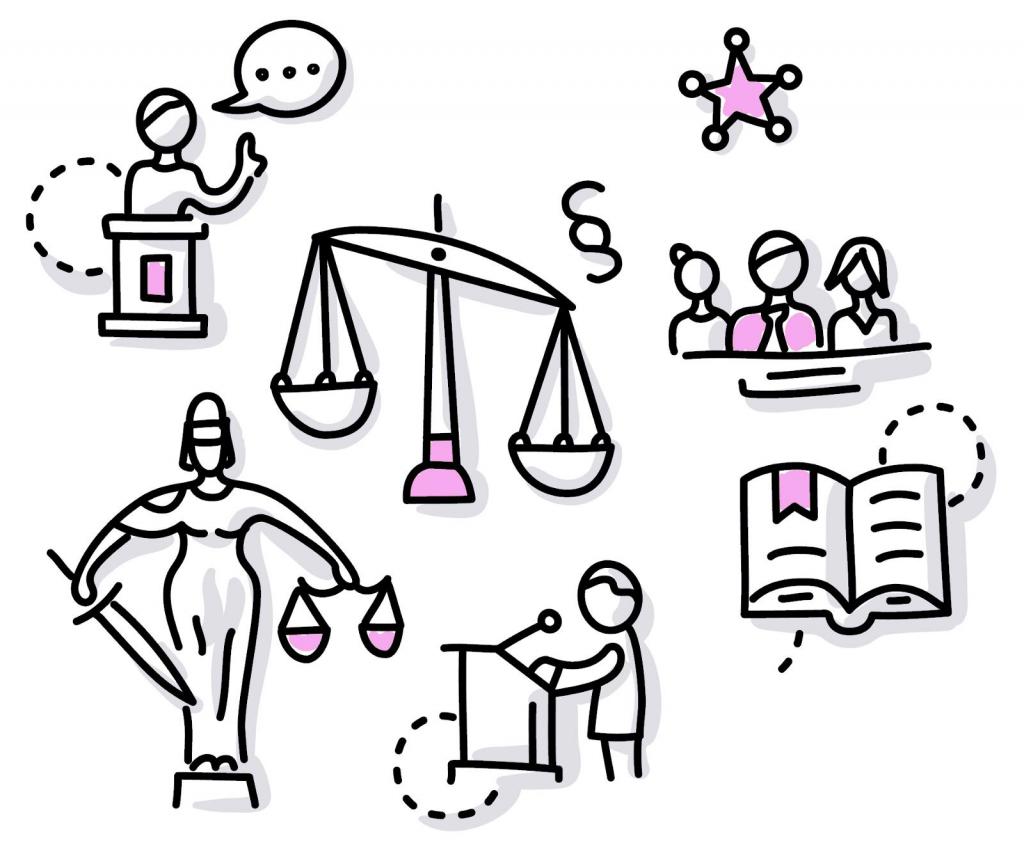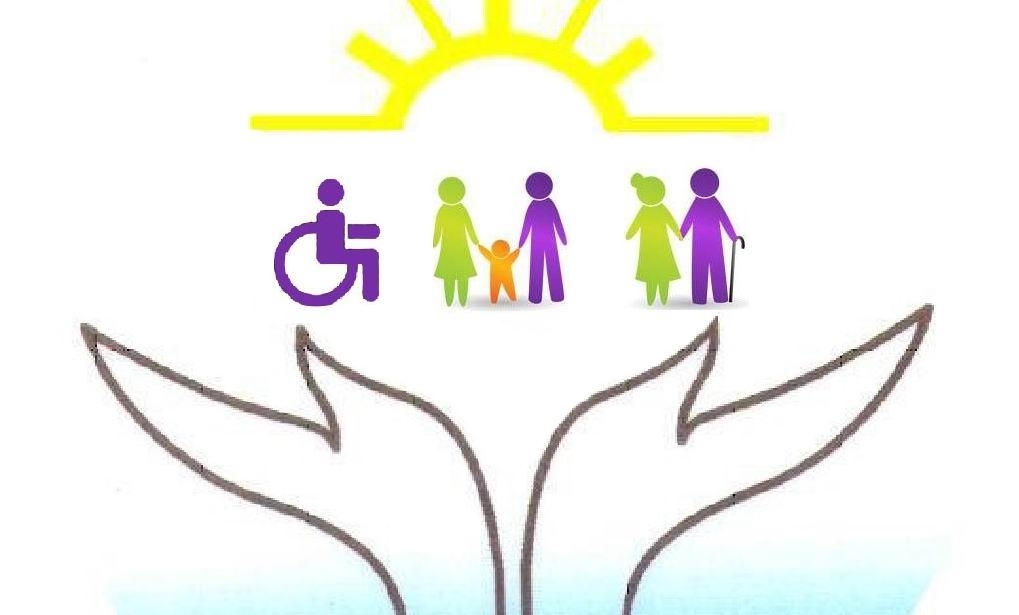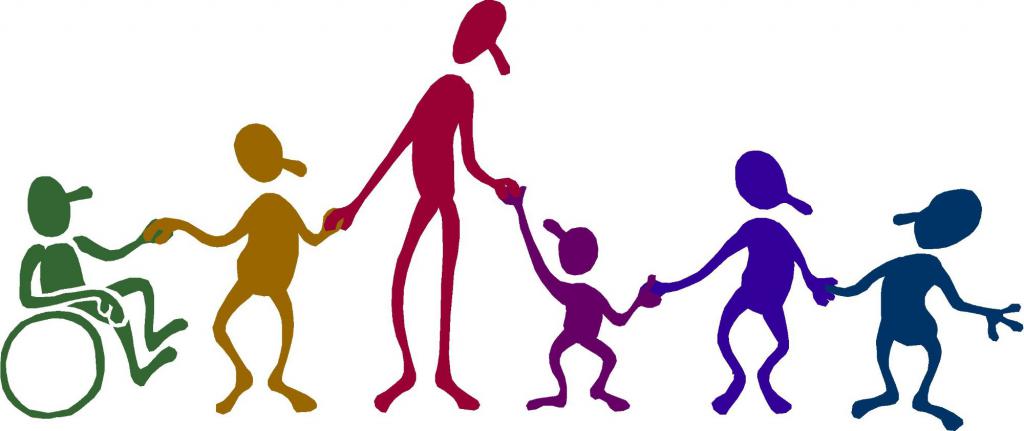What law belongs to the group of socio-economic human rights? The answer is easy to give if we turn to the Constitution of the Russian Federation and the Universal Declaration of Human Rights. They declare that every individual from birth has inalienable rights and freedoms. In 1-33 articles of the basic law of the Russian Federation, the fundamental rights of the individual are declared - the right to life, personal freedom, the inviolability of the home, freedom of speech and conscience, and participation in government.

For their practical implementation, a certain economic basis is needed. To create it, citizens need to enter into economic and social relations with each other, with society and with the state. The block of rights related to economic and social relations is called socio-economic rights.
Definition
In determining what law relates to economic human rights, jurists and economists specify that these are rights arising from the economic activities of citizens. Such rights arise on the basis of any material or intellectual object and are associated with its production, acquisition or sale.

Fundamental economic rights
What law applies to economic human rights? The principles common to all human rights apply to economic rights. These principles guarantee the equality of rights of everyone and everyone and the inadmissibility of infringement of rights on any grounds. The main economic rights are:
- private property right. This includes ownership of land and real estate, as well as intellectual products;
- inheritance right. Ensures the continuity of economic activity and additional motivation of members of society to work for its benefit;
- freedom of business. Protects the economic initiative of citizens from the arbitrariness of the state and groups of individuals;
- freedom of work;
- right to strike.
These are the fundamental rights enshrined in Articles 34-37 of the Constitution.
What law belongs to the group of socio-economic rights, except for the basic ones?
What law applies to both economic and social rights? These rights appear as development or varieties of fundamental rights:
- possession, disposal and use of their property. No one may be deprived of property other than by a court decision that has entered into legal force;
- freedom of industry and trade. Means the absence of barriers to the exchange of products, services and money;
- the right to equal remuneration for equal work is especially important for such groups as young people, women and the elderly;
- the right to safe working conditions;
- the right to rest;
- the right to a decent standard of living. Covers such aspects as nutrition, living conditions, clothing, the right to continuous improvement of living conditions;
- right to housing. It is important to understand that society is not obliged to provide housing for the entire population. The right extends to categories of socially vulnerable citizens defined by law;
- medical assistance. Society and the state strive to provide the highest possible level of medical care for its members;
- the right to protection and support of the family, motherhood, childhood;
- the right to social security. This includes pensions and benefits for the disabled, in old age, in case of loss of the breadwinner or raising minor children.

These rights are described in 38-41 articles of the basic law.The social responsibility of the state to citizens and society to its members provides confidence in the future and enables people to work with full dedication. The Constitution equally protects the rights of both self-employed and entrepreneurial persons.
We examined briefly what law applies to economic human rights.
Successful implementation and reliable protection of your rights!
